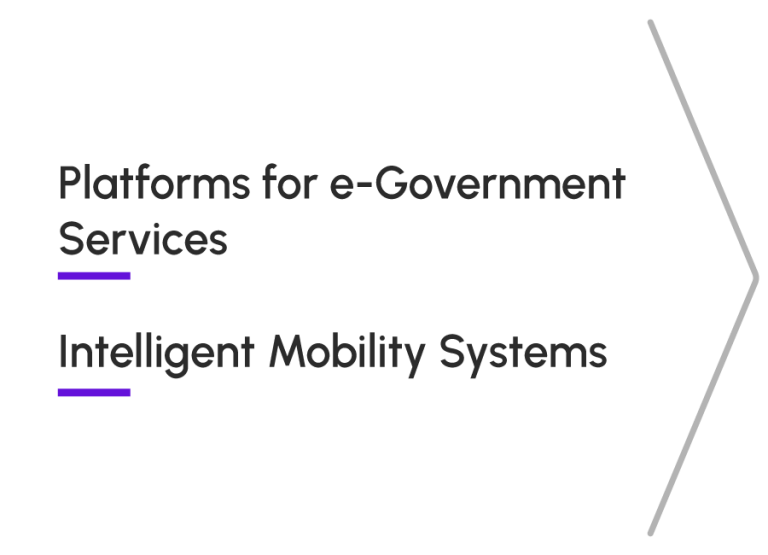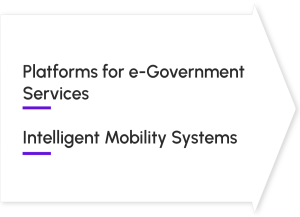Exclusive MIO Lane: Prioritizing Road Safety
In its pursuit of better mobility, the city of Cali—led by Mayor Alejandro Eder Garcés—is firmly committed to using traffic enforcement cameras to sanction drivers who violate the rule by entering the exclusive MIO lane, a key component of the city’s public transportation system.
Wilmer Tabares, Secretary of District Mobility, shared initial findings regarding violations of the exclusive MIO lane. The data shows that 80% of the offenders are motorcycles and 20% are cars. Motorcyclists are the main infractors, highlighting the need to raise awareness among this group about the importance of respecting lanes reserved for public transit.
With cameras installed at strategic points, and with the goal of restoring order and control in urban mobility, this initiative began in September 2024, starting with a two-week educational phase. After that, the enforcement phase began, issuing a fine of 15 current legal minimum daily wages (SMMLV), equivalent to COP $711,750. This amount may increase if the vehicle is impounded. Under the MIO exclusivity rule, repeated violations may result in the vehicle being towed and held in an impound lot, with additional costs depending on the duration of the stay.
This system not only aims to penalize infractions but also to promote a culture of respect and order in urban traffic. Once a violation is detected, the system automatically generates an alert and registers the notification. Within three days, the driver or the individual registered in the RUNT database will receive an official notice, which must be addressed promptly. Citizens are encouraged to take advantage of legal benefits to settle fines and sanctions in a timely manner, avoiding further complications and contributing to a safer and more organized city for everyone.
This decisive move toward modernizing Cali’s mobility system reflects the authorities’ commitment to building a safer, more orderly city that respects public transportation. Civic collaboration and compliance with regulations will be essential to the success of these initiatives and to fostering more harmonious coexistence on the streets.






